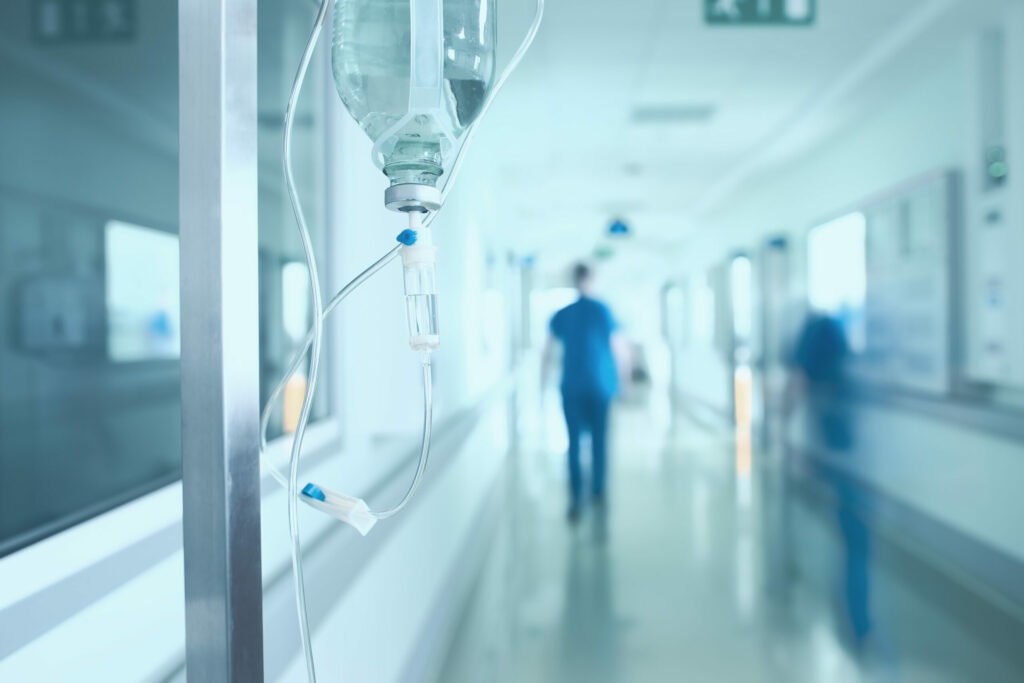pH-metry
We focus on the most advanced and modern esophageal pH-metry tests, which help detect and treat various medical conditions of the digestive tract. Dr. Bromberg uses advanced technology and innovative pH-metry methods to provide you with the most accurate diagnosis and the most suitable treatment for your personal needs. She focuses on personalized care suited for each patient, and guarantees accurate and effective results. When you choose treatment by Dr. Bromberg, you choose the highest quality service, professionalism and expertise of a specialist in this field.

What is pH-metry (esophageal pH) and what is its role in gastroenterology?
Esophageal pH-metry tests how frequently does stomach acid enter the esophagus and how long it stays there. It is usually used to diagnose GERD – a disorder that occurs when stomach acid flows backwards into the esophagus. In conditions where the doctor suspects reflux and GERD, the option to conduct an acid and reflux test is presented.
How is the test conducted?
Esophageal pH-metry is conducted using a thin tube called a catheter or a wireless pH test. During a catheter examination: your doctor will insert a small, thin tube through your mouth or your nose. One end of the tube will be pulled down into your esophagus. The catheter will remain in place for 24 hours.
When is it necessary to conduct an esophageal pH test?
This procedure is frequently conducted when:
- You have symptoms of GERD, but an endoscopy identifies no evidence of reflux disease.
- The standard of care treatment with proton pump inhibitor (PPI) drugs twice per day is not helpful
- Less-common symptoms of GERD (such as chest pains, night coughs, asthma, hoarseness) need to be evaluated
- Heartburn
- Nausea or abdominal pain
- Difficulties swallowing
- Chronic cough
How to prepare for a pH-metry (esophageal pH) test?
One should fast for 6 hours before the test, as some drugs may affect the test results by reducing the quantity of stomach acids produced. You may be told to avoid taking certain prescription or non-prescription drugs. Please discuss this with your healthcare provider.
When can you expect to get the results?
Results will be provided two weeks later. The gastroenterologist will analyze the data and interpret the results.
